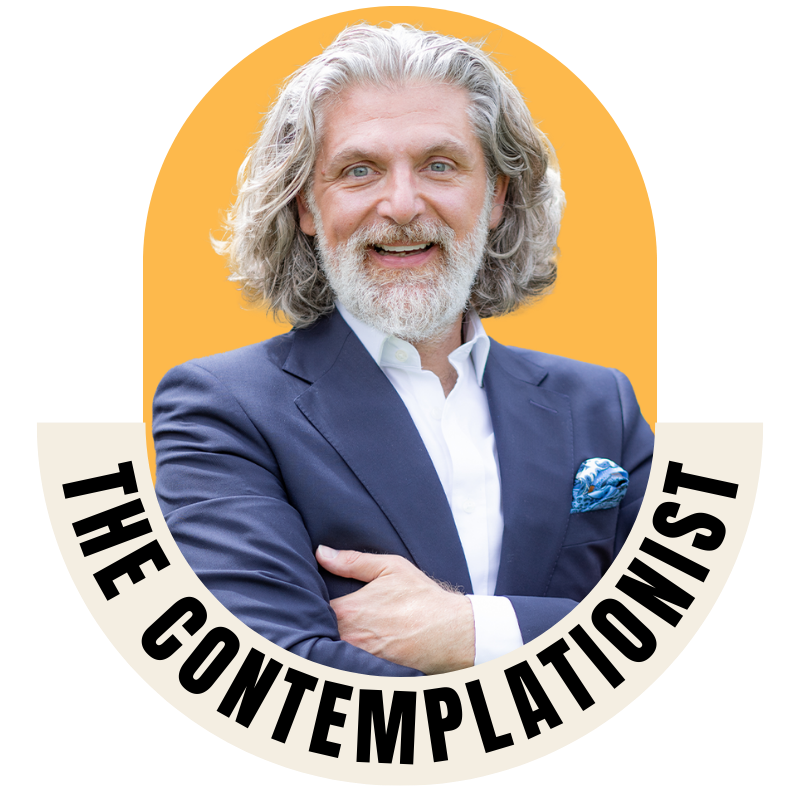Recently, I reread Sir David Attenborough’s A Life on Our Planet. I highly recommend it. The perspective offered in each chapter is both enlightening and chilling. The anthropological evolution of society is mirrored beautifully within its pages, and the interaction between humans and the world around us is thoroughly documented by a witness who has dedicated his life to observing and recording what he saw. It prompted me to reassess the things that are, or attempt to be, under a refreshed light.
The interaction between everything that happens, whether we are consciously aware of it or not, is one of the main points of reflection sparked by Sir David Attenborough’s account. When applied to the minutiae of our everyday lives, it should encourage reflection.
With experience, longevity, and clarity, one is offered options and opportunities to do more and get involved in various projects. This is both exciting and enriching in many ways. It keeps the mind sharp, maintains momentum, and generally, it also keeps one happy! An amazing opportunity, particularly if it comes at the right time, can be invigorating and breathe new life into stagnation. That’s the good part. However, should we say yes to the new opportunity? And if so, are there specific terms we should consider before accepting? What must be sacrificed for this new venture to succeed? Where would I be if the desired outcome is reached compared to where I would be if I didn’t venture into it?
One of the points that emerged time and time again in my reflection is a simple equation: if this goes on, what must come off?
As optimistic and focused humans, we tend to overvalue what excites us, and that, in turn, skews our decision-making process. In other words, when we’re excited, we decide differently than when we’re not.
Imagine you’ve been working and patiently waiting for something to happen. Things happen when they need to, often at a slower pace than we would like. Now, something or someone offers us an option, an opportunity, something exciting that promises almost immediate gratification. We feel compelled to take it! Even if it means delaying further what we’ve been waiting for so long. In fact, that choice may be made while ignoring the impact it could have on our long-term goals. We might justify it to ourselves by saying that if it’s taking this long, it can wait a bit longer; or perhaps it wasn’t meant to happen after all…
In reality, this is not a realistic analysis; we’re simply being sidetracked by the excitement of something new! Consider this: you’ve been working diligently on a startup idea for months, nurturing it with careful planning and endless nights of refining the business model. Suddenly, a former colleague reaches out, offering you a position in a new venture with a flashy salary and immediate perks.
The thrill of instant recognition and financial reward is electrifying—you could leap into a high-flying role tomorrow! But what about your startup? The project you’ve poured your heart into?
The new job might bring quick gratification, but it could derail your long-term vision, setting you back years on a dream you’ve worked so hard to realize. It’s like selling your steady-growing investment to chase a volatile stock that promises quick riches—exciting, yes, but fraught with risk.
This is why it’s never wise to sell long-term pension investments to buy the latest crypto, NFT, or options, even if the forecasted return is ten times higher over a much shorter period. It’s exciting to think that our investment could take us further and faster. However, what comes off? If the promised reward isn’t realized and everything crashes, you’re likely to lose it all. And if it doesn’t crash, you’d be among the lucky few who made it work—provided you know when to stop.
So, the next time you’re offered something exciting and new, consider not only what you might gain, but also what you are sacrificing to get it—what must come off. This applies to most things: from investments to AI, from car purchases to buying a house. Nature has shown us for millennia that balance is where things survive and progress. When everything is optimal, things can improve.
Nature also self-regulates, and often, an abundance in one direction alters stability, shifting the balance point.






